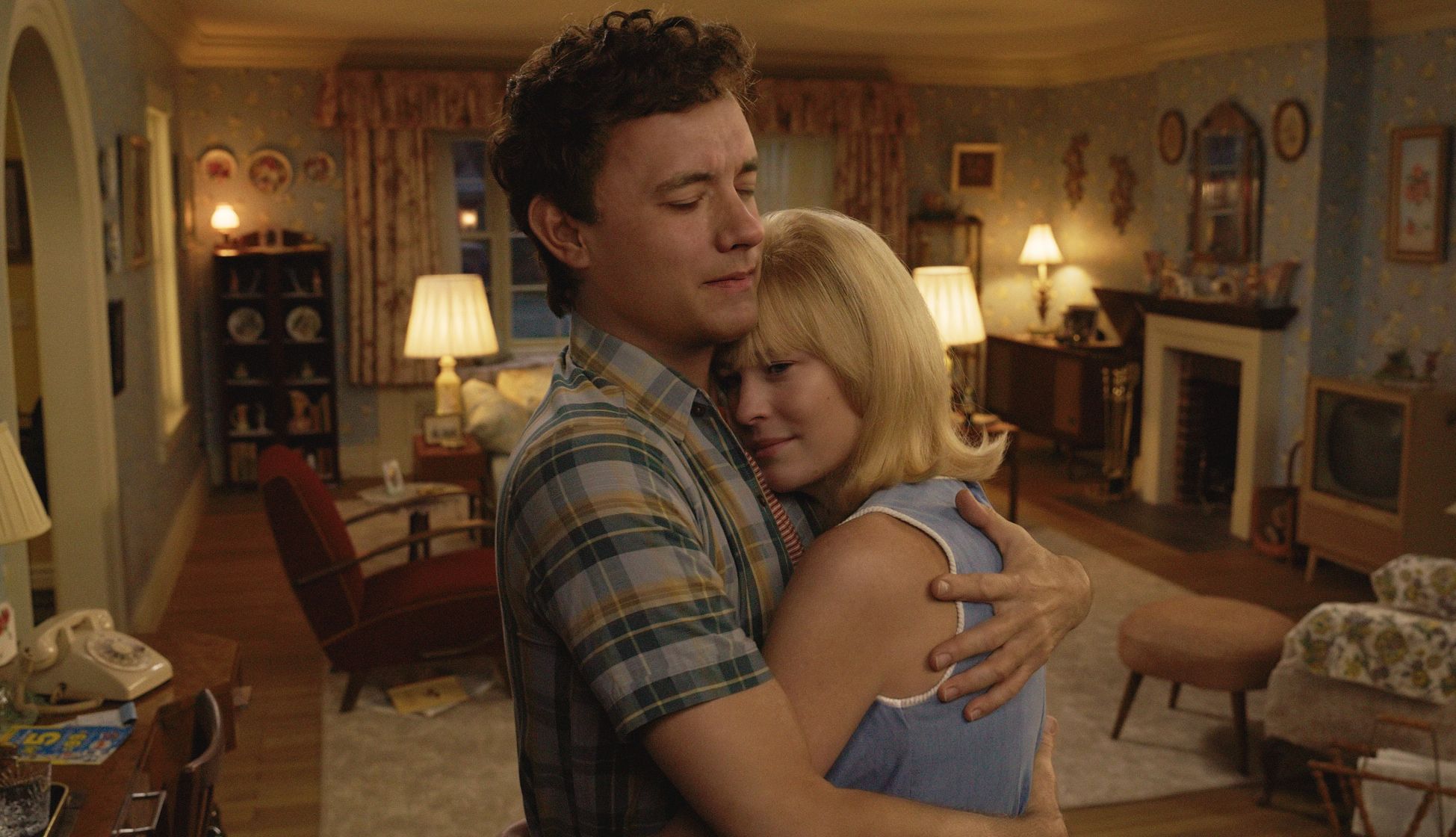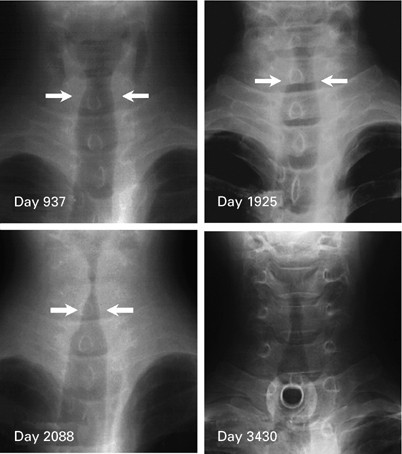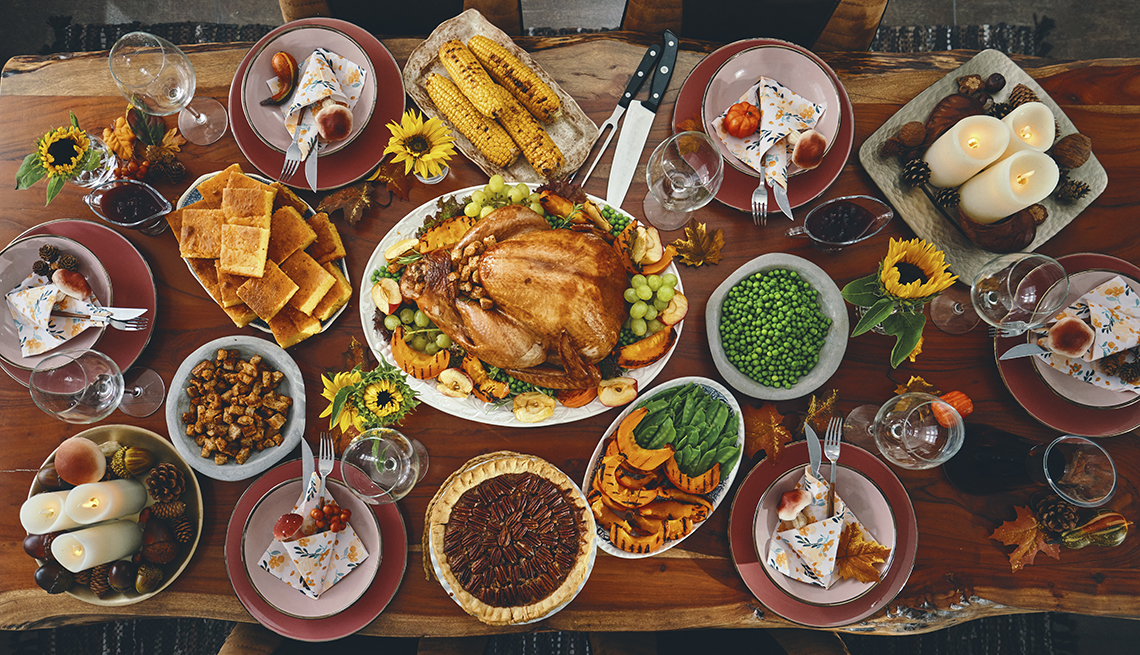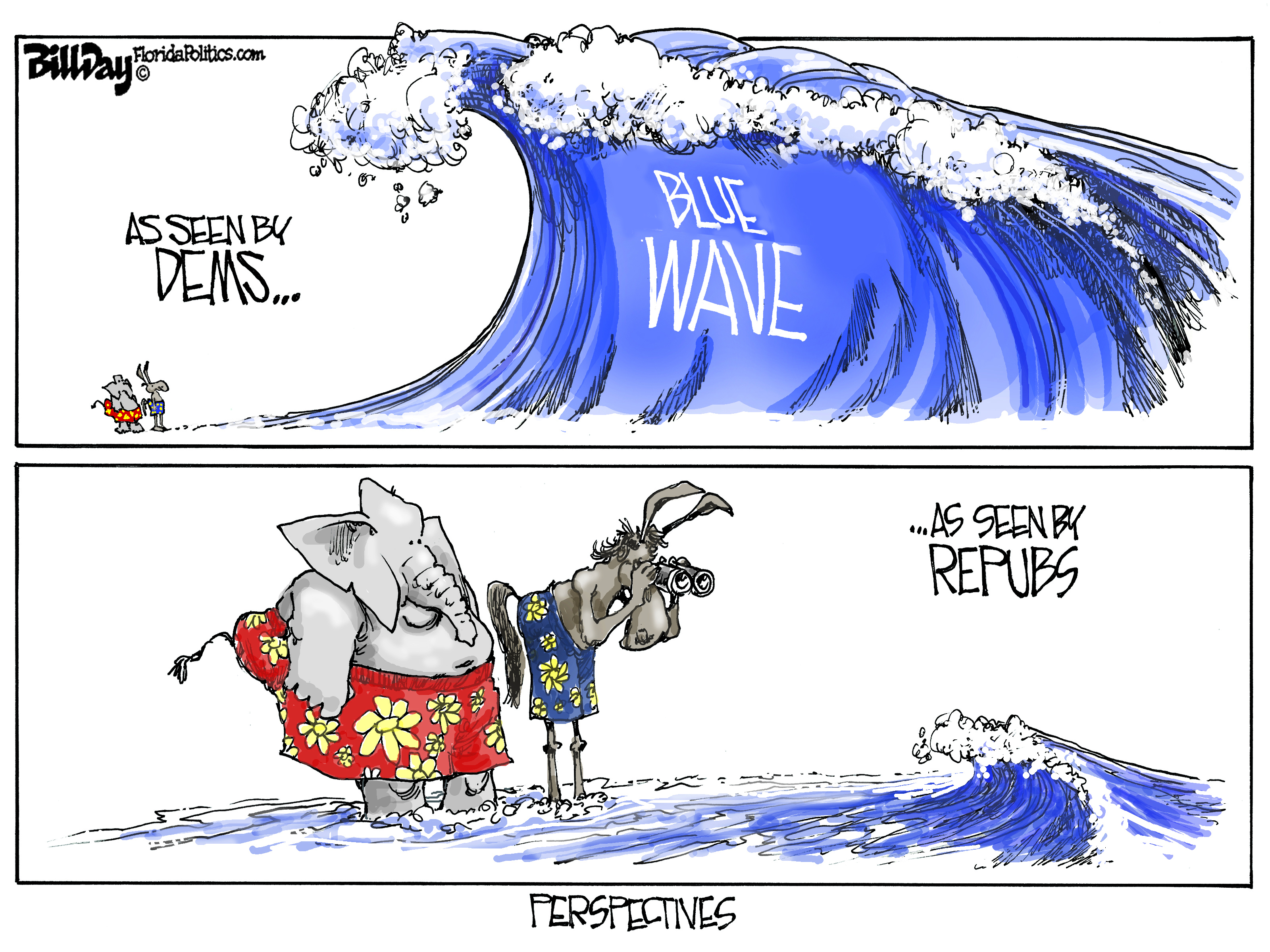
- Select a language for the TTS:
- UK English Female
- UK English Male
- US English Female
- US English Male
- Australian Female
- Australian Male
- Language selected: (auto detect) - EN
Play all audios:
Even with the increasing availability of COVID-19 vaccines, the pandemic is far from under control. Yet a majority of the nation's older adults have failed to document wishes about the
type of care they want — or don't want — with a spouse, family member or friend should they get seriously ill, according to a new poll supported by AARP and Michigan Medicine. People
over age 50 — particularly those 65 and older — have generally had early access to the COVID-19 vaccines in most states. But even with millions of them are still at risk, only 46 percent of
older adults told the National Poll on Healthy Aging they had actually documented their advance health care preferences in a legally binding way that would give clear guidance to their
families and their doctors if they became ill or hospitalized. In fact, despite the coronavirus's disproportionate impact on older adults — the Centers for Disease Control and
Prevention (CDC) reports some 8 in 10 people in the U.S. who have died from COVID-19 were 65 or older — a mere 7 percent of older adults polled said the virus spurred them to have
conversations with their loved ones about their preferences during the first 3 months of the pandemic. Only 1 percent of those surveyed said concerns over COVID-19 had motivated them to take
action and complete or update advance care planning documents, despite more than 30 million COVID-19 cases in the U.S., and more than 550,000 deaths, according to the CDC. The poll, which
sampled more than 2,000 adults ages 50 to 80, was conducted in June. Perhaps no one is more surprised by these numbers than Alison Bryant, AARP's senior vice president of research. “The
global pandemic has reminded many of us that life can change in an instant,” she says. Bryant says she thought all of this uncertainty would have nudged many more older adults to at least
have discussions with family members about their wishes, or to take the extra step to complete their advance directives. Older adults should have two critical documents in place, Bryant
says. The first is the medical durable power of attorney, which lets you appoint a proxy for your health care decisions should you become incapacitated. The second is an advance directive —
often called a living will — which lets you lay out the type of health care that you do or do not want. "To help make the process easier, AARP has developed an online resource center,
which provides free forms for every state and gives instructions for how to fill them out and what to do with them. In addition, some states have an Advance Directive Registry, where you can
file your advance directive, so that your health care provider and loved ones can find a copy of it in an emergency,” Bryant says. Why the lack of action? According to the survey, the
reasons 54 percent of older adults had not completed a medical durable power of attorney or advance care directives are particularly concerning. A whopping 62 percent of those without
advance directives said they “had not gotten around to it.” Fifteen percent said they “did not know how.” Thirteen percent said they “did not like talking about these things,” while another
13 percent said they “did not think it was necessary.” Finally, 9 percent said “no one asked them to” and 7 percent said they were “deterred by cost." But COVID-19 has changed the game
because so many older adults have been hospitalized unexpectedly without their family members able to be with them, Bryant says. Critical questions, such as whether to intubate someone, are
being made without knowing what that person would actually want, she says.






